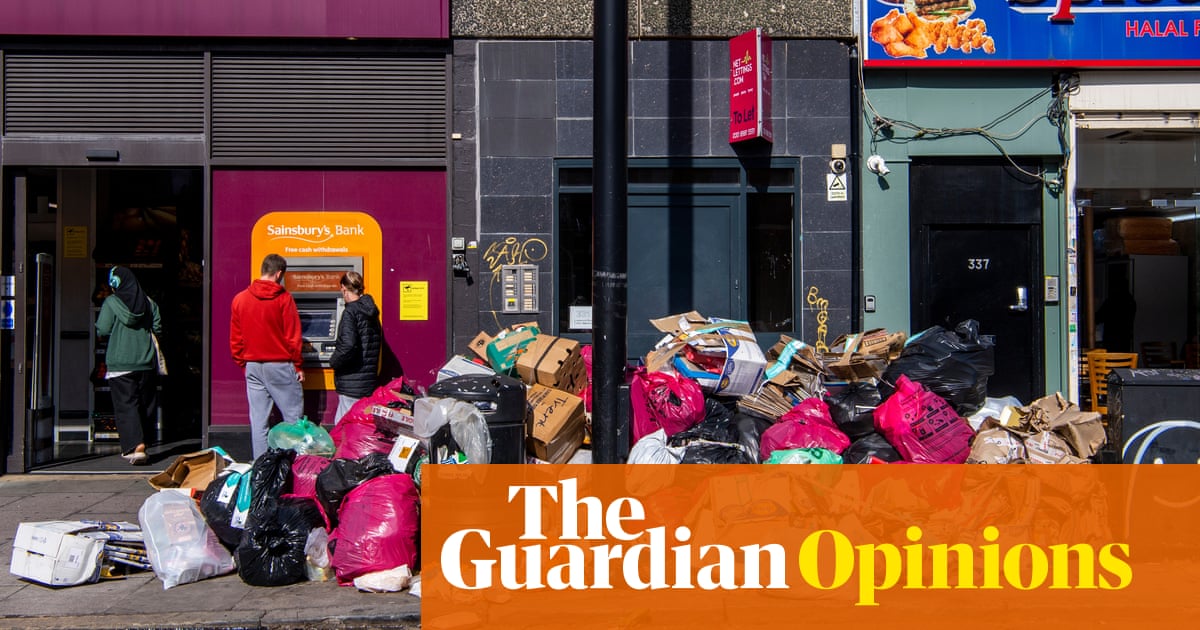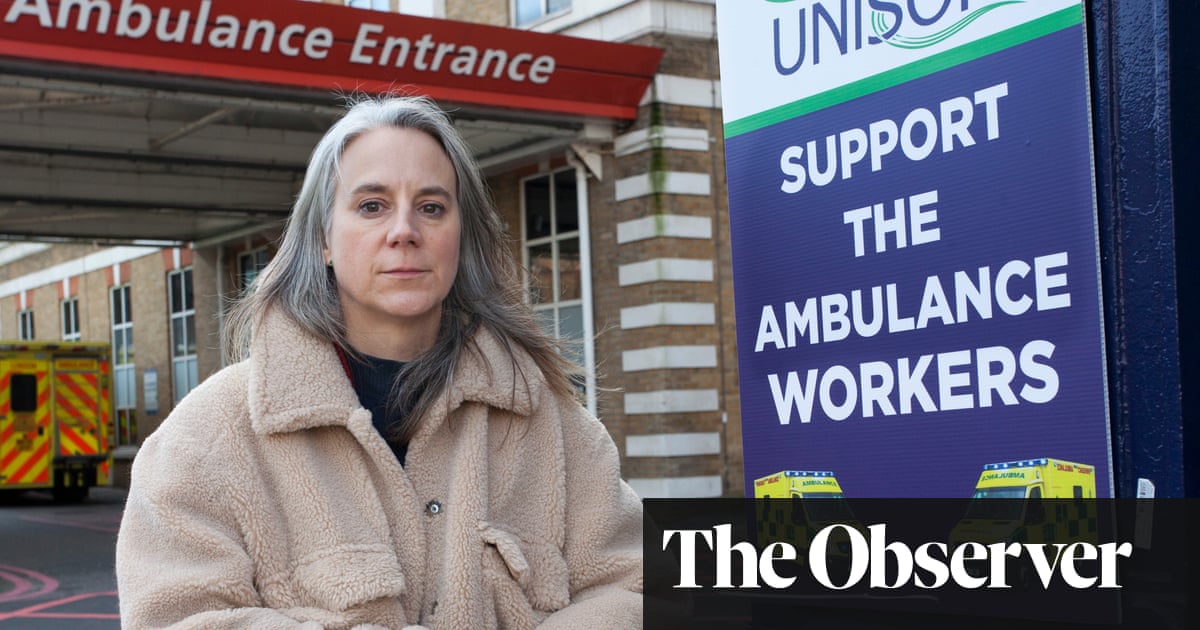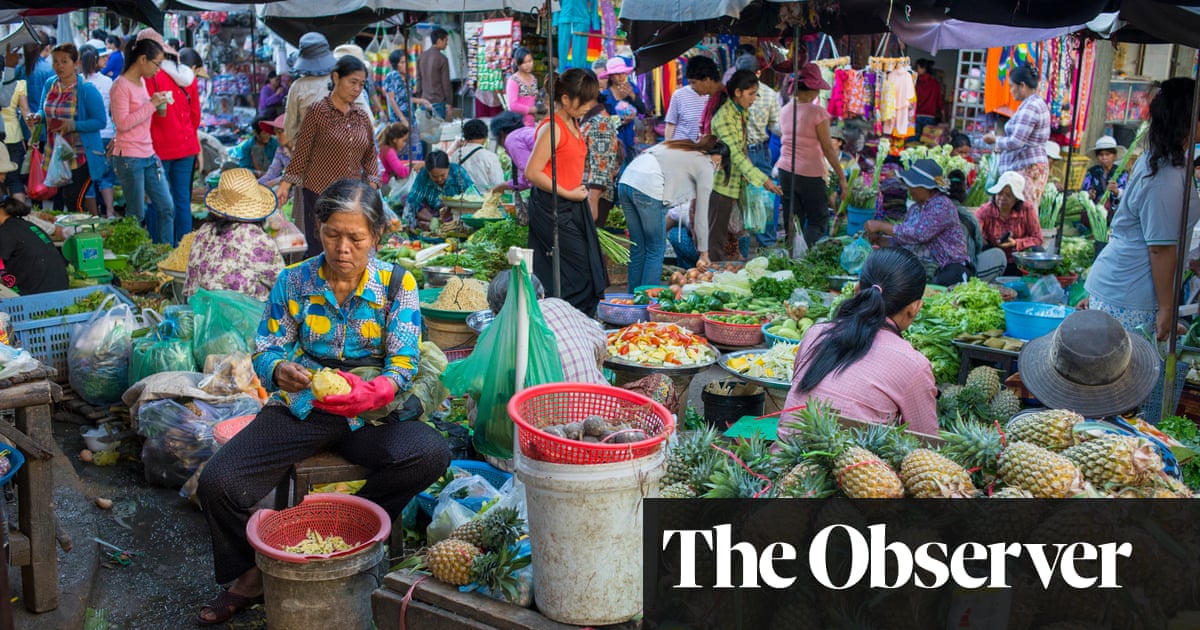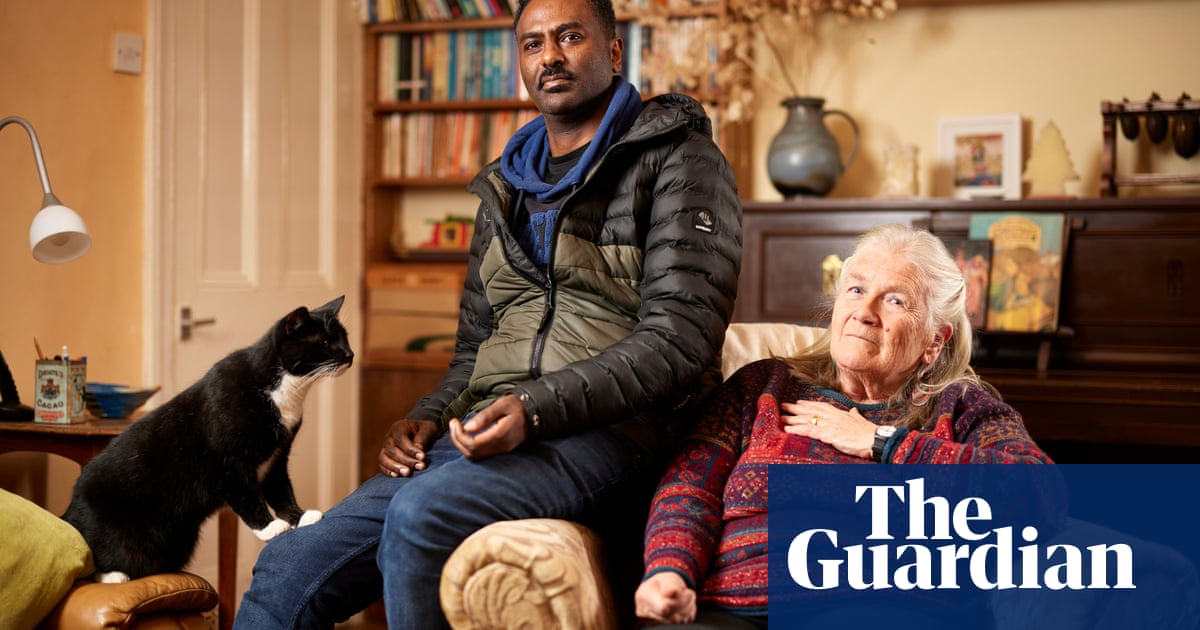
When British journalists were writing about the treatment of migrant workers building World Cup stadiums, they might have expected to receive a phone call from a Qatari based in Doha, pushing back on their accusations. Instead, newspapers found themselves being contacted by Britons such as George Pascoe‑Watson, a former political editor of the Sun, challenging the premise of their story and offering a more pro-Qatari viewpoint.
Pascoe-Watson is a senior partner at Portland, a high-end London-based public relations and lobbying company founded by Tim Allan, a former adviser to Tony Blair. It is one of many British‑based firms who benefited from spinning on behalf of the Qatari government before the World Cup, pushing the Gulf nation’s case in the media, and arguing against negative coverage.
Because while England once again failed to win the World Cup, London’s lobbyists and lawyers working on the competition have done their best to ensure a fortune’s coming home.
“There’s been a very well‑organised and well-resourced campaign in place,” said Nicholas McGeehan, a longtime campaigner on migrant workers’ rights in the region. “Arguments have been constructed very effectively to deflect attention from fair and proportionate criticism.”
One of the reasons for the heavy presence of British PR representatives is that criticism of Qatar’s bid – whether the alleged corruption (denied by Qatar) involved in securing the hosting rights, the treatment of migrant workers, or its lack of LGBTQ+ rights – has been led by UK newspapers such as the Guardian and the Sunday Times. While German and Scandinavian news outlets have also investigated these issues, it is the English-language media which are easier to read around the world.
Portland declined to comment on the nature of its work in Qatar, although it has an office in Doha and has been working on various Qatari-related contracts since at least 2014. Early challenges included dealing with the detention of a BBC journalist in the country and helping to set up a blog that criticised opponents of the country hosting the tournament. But as time progressed, journalists reporting on the World Cup preparations said the efforts to improve Qatar’s image in the British press became smarter and more subtle.
In particular, they receive pushback from representatives of Hassan al-Thawadi, the secretary general of the World Cup’s organising committee. He is a Qatari national who attended sixth-form college in Scunthorpe before studying law at the University of Sheffield and is said to take British criticism personally. One British reporter who has dealt with Thawadi claimed: “He’s absolutely convinced that he’s this liberal guy who really cares about workers’ rights and conditions. He’s mortified that the world would think of him as just another uncaring Qatari. He phones his PR people in fury each time there’s a negative headline about what’s happening in Qatar being down to him. And he may be less worse than the vast majority of the Qatari elite, because they don’t care about migrant workers.”
With UK newspapers often uploading their stories to their websites around midnight, newsdesks became used to Qataris on a different time zone waking up in the early hours of the morning and demanding alterations.
One Briton who played an important role in the World Cup press operation is Richard Conway, who as a BBC Sport correspondent in 2018 produced an upbeat report on the preparations for the Qatar World Cup while riding a camel across the desert. A few months later he left journalism to form his own PR agency and has been working exclusively on the Qatar World Cup for several years. Journalists who have dealt with him say he has adopted a hands-off approach, acting as an informal conduit and enabling conversations by inviting critics of the World Cup and prominent newspaper journalists to off-the-record meetings with senior Qatari officials at London hotels.
Many Britons also work for the Qatari division of Teneo Blue Rubicon, a PR agency that has worked hard to promote the country, while journalists who have written critically about the country have also received legal letters from the law firm Carter Ruck. Neither company returned a request for comment on the nature of their work in the country.
One of the gripes among Qatari officials is that they have received criticism for adopting similar tactics to regional rivals such as Saudi Arabia and the United Arab Emirates. The Guardian has previously reported on extravagantly funded events held in London where MPs and former footballers received large fees from an unknown source, all with the intention of building opposition to the Qatar World Cup. The organiser of that event also approached the former Conservative election chief Sir Lynton Crosby – whose company already conducted work for Saudi Arabia – and discussed a £5.5m influence campaign to strip Qatar of the right to host the World Cup.
Those nations also spent tens of millions of pounds on lobbying campaigners aimed at western politicians and media outlets, with Qatar feeling they had the right to fight fire with fire.
Despite this, there’s little doubt among Qatar’s critics that the decision to host the World Cup has ultimately transformed the country’s global standing in the media. Low expectations and ethical concerns were ultimately dialled down in media coverage as the football began. Paid influencers have flooded TikTok with upbeat stories from Doha.
And according to McGeehan, who now runs the FairSquare NGO, one of the most effective tactics during the tournament has been to argue that criticism of Qatar is Orientalism, or anti-Arab: “A good PR person understands how that is going to play well with particular audiences who are sensitive to charges like that. It led to people who would normally be considered as allies in this to essentially engage in the counter-debate, rather than the debate what the issues are.”












